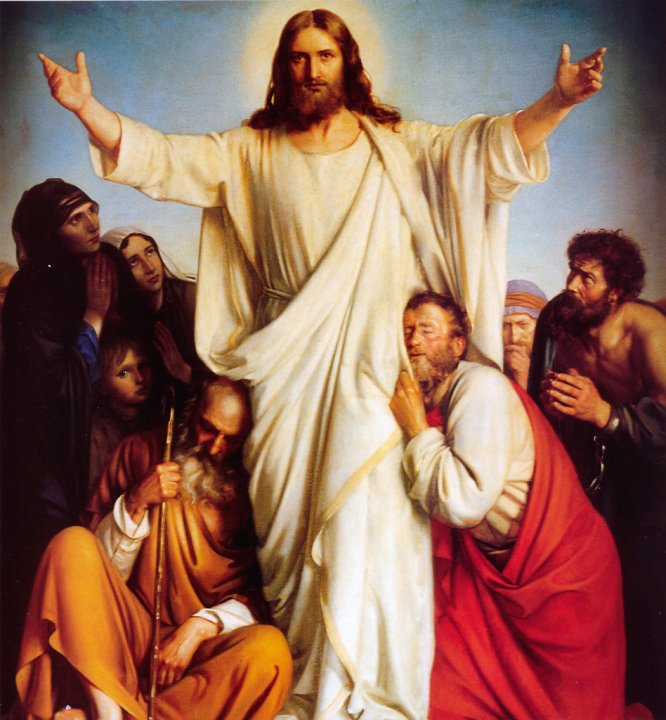21st Sunday in Ordinary Time-A
I Reading: Isaiah 22:19-23: I place the key to the House of David on his
shoulder.
II Reading: Romans 11:33-36: All that exists come from him; all is by him and for him.
Gospel: Matthew 16:13-23: You are Peter, and I will give you the keys of the kingdom of
heaven.
The Messiah’s Dramatic Revelation of Himself and His Church:
Peter’s Great Confession, Mt 16:13-20
Jesus
asks two questions: One is for the people, “Who do people say the Son of Man
is?” Then he asks his disciples, “Who do you say I am?” Simon son of Jonah confesses,
“You are the Christ (Messiah), the Son of the living God.” This is the true
identity of Jesus Christ sharing God's divine nature revealed to Moses at
the burning bush (Exodus 3). Hence Jesus becomes the true God himself who is
the God of the living and the dead.
Jesus
reveals his Divine revelation and teaches his disciples and builds His Church
on Peter’s great confession of faith that Jesus is the Messiah or Christ, the
Son of the living God as against the false gods and goddesses. Jesus Christ versus Caesarea Philippi/Caesar
Augustus.
Peter
received a new name, as Abram became Abraham, no longer Simon bar Jonah, but
Peter the Rock, for such was the meaning of his new name. Isaiah placed the
“key of the House of David” on the shoulder of his appointee; in a similar way, our Lord denoted Peter’s future authority.
1.
Jesus Christ was in the area of Caesarea Philippi (v.13)
2.
This confession is not the confession of the world (v.13-14)
a.
The first critical question
b.
The false confessions
3.
This confession declares one’s trust in Christ (v.15-16)
a.
The second critical question, v.15
b.
The true confession: a person's confession in Jesus Christ
4.
This confession is revealed by God alone (v.17)
5.
This confession is the foundation of the Church (v.18)
a.
Fact 1: His Church
b.
Fact 2: He builds
c.
Fact 3: He protects
6.
This confession assigns excellent responsibility to believers for the Church (v.19)
a.
A resp. to use the keys to the kingdom of heaven
b.
A resp. to bind and loose on earth
7.
This confession must be understood before being shared with others (v.20)
Thought: The
church is the church of Jesus Christ and he said, “I tell you that you are
Peter, and on this rock I will build my church, and the gates of Hades will not
overcome it.”
Note the exact
words spoken by Jesus Christ:
1. “My church.”
The church is Christ’s not human’s.
2. “I will
build.” Christ builds the church.
3. “The gates
of Hades will not cover come it.” Christ himself protects the church.
The true church
is universal. It comprises all who genuinely confess Jesus to be the
Christ, the Son of the living God. If God is living, then Christ is living. He
is, therefore, “My God and my Lord.”
Two things are
essential before a believer can effectively proclaim the gospel.
1. He/she must understand the death and resurrection of Jesus Christ
(1 Cor 15:1-4).
2. He/she must be filled with the Spirit of God (Acts 1:8).
